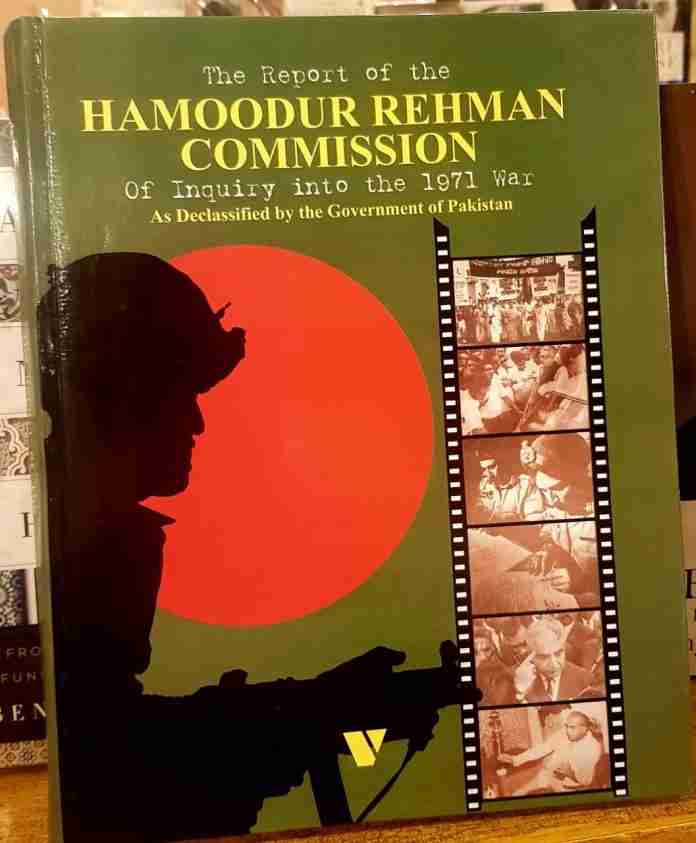The Hamood Ur Rahman Commission Report is a significant document in the history of Pakistan, shedding light on the events leading up to the East Pakistan crisis in 1971, which resulted in the emergence of Bangladesh as an independent nation. This review aims to provide a detailed analysis of the report, highlighting the key findings and identifying the parties held responsible for the tragedy.
Background:
The Hamood Ur Rahman Commission, headed by Chief Justice Hamoodur Rahman, was established by the Pakistani government in 1971 to investigate the events that led to the conflict in East Pakistan. The commission submitted its final report in 1974, but it remained classified for several years. It was finally declassified and made public in 2000.
Key Findings:
- Political Failures: The report identified multiple political failures, including the inability to resolve the political and constitutional crisis between East and West Pakistan. The central government’s denial of the Awami League’s electoral victory in 1970, led by Sheikh Mujibur Rahman, and the subsequent failure to form a coalition government played a significant role in the conflict.
- Military Operations: The commission’s report highlighted the atrocities committed by the Pakistan Army during Operation Searchlight, which aimed to suppress the Bengali nationalist movement. The report found that the army’s actions resulted in widespread destruction, massacres, and human rights violations, including rape and torture.
- Leadership Crisis: The report underscored the failures of the military and civilian leadership in handling the crisis. The then President of Pakistan, General Yahya Khan, was heavily criticized for his indecisiveness and inability to address the political deadlock. Additionally, the military leadership failed to assess the ground realities and take appropriate measures to prevent the crisis.
- Diplomatic Failures: The commission also found that Pakistan’s diplomatic efforts were insufficient and ineffective in countering the global support for East Pakistan’s independence movement. The government’s lack of communication and engagement with other nations ultimately led to international isolation and condemnation.
Individuals Blamed:
The report held several individuals responsible for the East Pakistan crisis, including:
- General Yahya Khan: As the President of Pakistan and the Chief Martial Law Administrator, General Yahya Khan was held responsible for his failure to resolve the political deadlock and for authorizing the military crackdown.
- General Agha Muhammad Yahya Khan: The then Chief of Army Staff was blamed for his poor planning and execution of military operations in East Pakistan.
- Lt. General Tikka Khan: As the military commander in East Pakistan, Lt. General Tikka Khan was held accountable for the atrocities committed by the Pakistan Army during Operation Searchlight.
- Zulfikar Ali Bhutto: The leader of the Pakistan Peoples Party, Zulfikar Ali Bhutto, was criticized for his role in the political crisis, particularly his refusal to accept the election results and form a coalition government with the Awami League.
Conclusion:
The Hamood Ur Rahman Commission Report offers a comprehensive account of the tragic events that unfolded in East Pakistan in 1971. The report highlights the political, military, and diplomatic failures that led to the crisis and identifies the key individuals responsible for the catastrophe. By shedding light on these events, the report serves as a reminder of the importance of political stability, effective leadership, and respect for human rights in maintaining national unity and preventing future crises.
